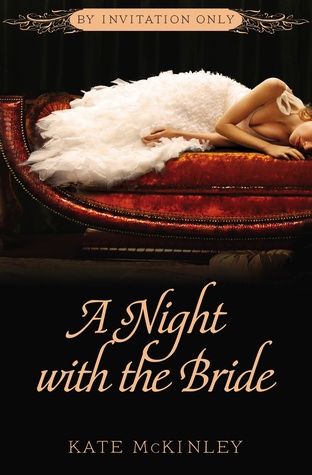I’m happy to welcome Marguerite Kaye back to the blog today. (You know… I had planned to write this magnificent introductory paragraph, but… I got nothin’. Just imagine that I’m super smooth and professional over here, despite the sad reality.) Take it away, Marguerite!
I’m lucky enough to live in Argyll, on the west coast of Scotland. The view from my window is of the Firth of Clyde. Directly across the water, the sun rises over the gently rolling hills of Inverclyde. To the south I can see the Ayrshire coast, the Isles of Cumbrae, Arran and Bute. And to the north the Holy Loch, Loch Long, and the Trossachs, the mountains which form the gateway to the Highlands. All without leaving the house.
My view is stunningly beautiful and it’s endlessly inspiring, but for much of he year it’s also rain-drenched. My particular nook of the Cowal Peninsula boasts the second highest annual rainfall in the whole UK – trust me, that’s a LOT of rain. And though I love my home and adore my view, I can’t stand the rain.
It literally seeps into my stories. Today, right in the middle of writing a Regency sheikh set in the searing desert, I still managed to conjure up a storm. Flick through my various books set in Scotland, or featuring Scottish heroes, and you’ll find our damp, driech climate (we’ve got more words for rain than the eskimos have for snow). Between them, the skies and the sea can be up to fifty shades of grey in the space of a morning.
No conversation is complete without a comment on the weather. Here is Fergus, a Highland veteran of Waterloo, describing his home in Argyll to Katerina, a Russian tightrope walker, from The Officer’s Temptation, my contribution to Scandal at the Midsummer Ball, a duet I’ve written with Bronwyn Scott:
‘I’ve never been to Scotland,’ Katerina said. ‘You make it sound so beautiful.’
‘Absence makes the heart grow fonder. It is lovely, though it is also very wet. We have a hundred different ways of describing rain.’
Fergus rolled onto his side, leaning his head on his hand. Automatically, Katerina did the same. ‘Tell me some of them,’ she said.
‘Well, when the sky’s gunmetal grey, and a constant drizzle of soft rain drifts down in a fine mist like this,’ he said, brushing his fingers lightly along her forearm, ‘we say it’s gie driech.’
‘Guy dreeck.’
He laughed. ‘Not bad. And when it’s that heavy rain, the kind that cascades straight down like stair rods and soaks right into your bones,’ he said, drumming his fingers on her arm, ‘we say it’s pelting.’
The incessant rain can affect our mood and make us Scots seem dour, but our rugged landscape also reflects our rugged personalities. We’re stoic, and we’re stubborn. We’re proud, and we’re hardy. Our oppressive weather is also extremely volatile. Four seasons in one day is commonplace, and as a result, we’re eternally optimistic. But because we know perfectly well that most of the time our optimism is unfounded, we’re good at laughing at ourselves – witness our attitude to our soccer team. Our humour is heavily laced with irony.
My Scots heroes are borne of the landscape that surrounds me. Like the rain, Argyll and its isles are scattered through my books, and one of my favourites, Strangers at the Altar, is set near Tighnabruaich (Tie Na Broo Aich), about thirty miles from my home, though only ten as the crow flies. I over-dosed on landscape in this book, invoking all my favourite childhood haunts, unashamedly infusing it with nostalgia. Here is hero Innes describing one of my favourite views to heroine Ainsley:
‘That’s the Kyles of Bute over there, the stretch of water with all the small islands that you sailed yesterday,’ Innes said. ‘And over there, the crescent of sand you can see, that’s Ettrick Bay on Bute, the other side of the island from which we set sail. And that bigger island you can just see in the distance, that’s Arran.’
There are pictures of me as a bairn (child) learning to swim in the shallow waters of Ettrick Bay, and photos of me swimming with my nieces and nephews in the same waters just last year, decades on. My siblings and I swam in Ostell Bay too, as Innes does, though I took the liberty of omitting the flying ants which infested our childhood picnics from my adult romance:
The breeze began to die down as they headed into St Ostell Bay. Directly across, the Isle of Arran lay like a sleeping lion, a bank of low, pinkish cloud that looked more like mist sitting behind it and giving it a mysterious air. In front of them stretched a crescent of beach, the sand turning from golden at the water’s edge, to silver where high dunes covered in rough grass formed the border. Behind, a dark forest made the bay feel completely secluded.
I tried to instill not only my love but my affection for these childhood (and adult) haunts in Strangers at the Altar, which comes closer than any of my books to a homage to Argyll. The landscape, like my hero, is stark and stunning. Its beauty hides a dark nature. And the climate, our fickle climate, is reflected in the sweeping changes of poor, tortured Innes’s moods.
Innes is an engineer. Iain Hunter, the hero of Unwed an Unrepentant is a ship builder. Boats are another part of my landscape and my heritage that has been creeping ever more into my books. Ferries connect me across the peninsula to the mainland. Liners and tankers and yachts sail past my window every day. My maternal grandfather was a ship’s captain. My paternal grandfather built the things. (His claim to fame was that he made the boilers for the QEII. One of my lasting memories is of him taking a hammer to beat his artificial leg into shape!)
Argyll doesn’t feature in my current book, The Widow and the Sheikh, though my botanist heroine is from Cornwall and has a strong connection to the sea, and my sheikh’s dark broodiness is worthy of the lowering clouds which are scudding over the sky as I write. We’ve officially passed on a summer this year in Scotland, with the wettest, coldest July on record, so it’s probably not surprising that my fantasy desert landscape is all sweltering sands and celestial blue skies. I can take the cold. I can suffer the winds and the snow. But I really, really can’t stand the rain.
The Soldier’s Rebel Lover, the second of my Comrades in Arms duet, is out 1st October in print and digital, UK, US and Canada. The first two books in my Hot Desert Nights quartet, The Widow and the Sheikh, and The (deliberately anachronistic) Sheikh’s Mail Order Bride will be released in March and April 2016. Scandal at the Midsummer Ball, my duet with Bronwyn Scott, will be released in July 2016.
You can read excerpts all my books over on my website: http://www.margueritekaye.com. Or why not just come and chat to me about books and life in general on my Facebook page: http://www.facebook.com/margueritekayepage or on Twitter: @margueritekaye
Thank you, Marguerite, for stopping by today (and for sharing the beautiful photos). I’m quite jealous of the view from your window. So for anyone stopping by, let’s chat about climate and its impact on our lives. Marguerite and I represent nearly opposite climates — she’s got all that lovely rain, cold, and changeability, and I’ve got nearly endless cloudless skies, long-ass summers, and 80 degree (F) days throughout winter. Our cultural narratives match our climates. How about yours?













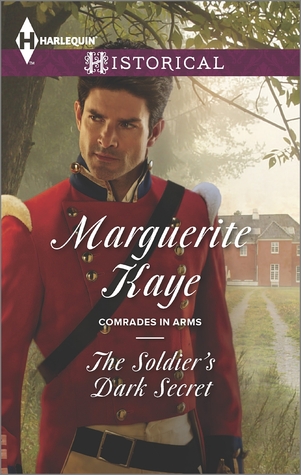





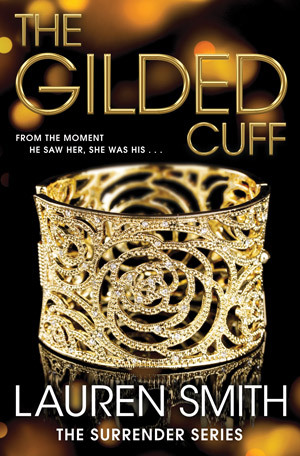




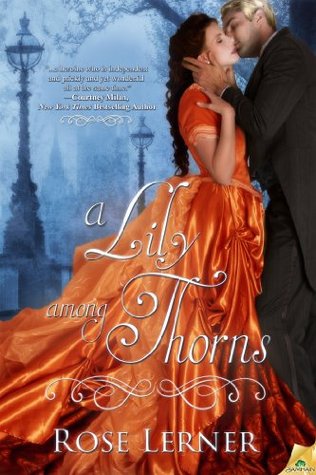

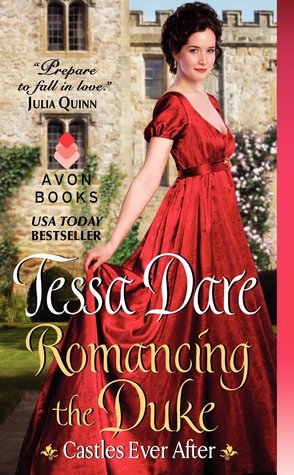



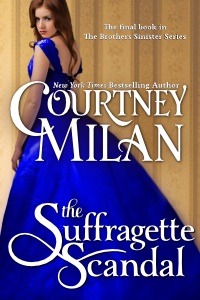




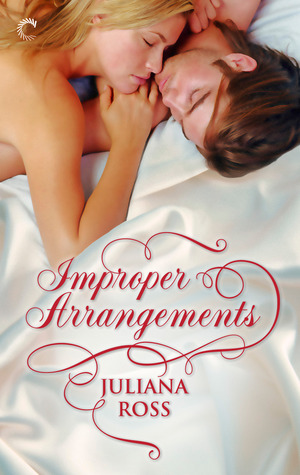
 You read that blurb, right? OK, officially, I take exception to stories about women who have experienced some form of physical relationship in their past but — for whatever reason — have managed to live a celibate life until they meet the hero, when KAPOW, their lady areas light up in a conflagration of desire (I seriously read that line somewhere in about fifty different books. Wish I was kidding.) I know, I know — it’s vacation sex, and, anyway, it’s in a book and I should lighten up — but it’s just hard for me to imagine that Eli’s the first attractive man Alice has met in the years since she established an independent household for herself.
You read that blurb, right? OK, officially, I take exception to stories about women who have experienced some form of physical relationship in their past but — for whatever reason — have managed to live a celibate life until they meet the hero, when KAPOW, their lady areas light up in a conflagration of desire (I seriously read that line somewhere in about fifty different books. Wish I was kidding.) I know, I know — it’s vacation sex, and, anyway, it’s in a book and I should lighten up — but it’s just hard for me to imagine that Eli’s the first attractive man Alice has met in the years since she established an independent household for herself.